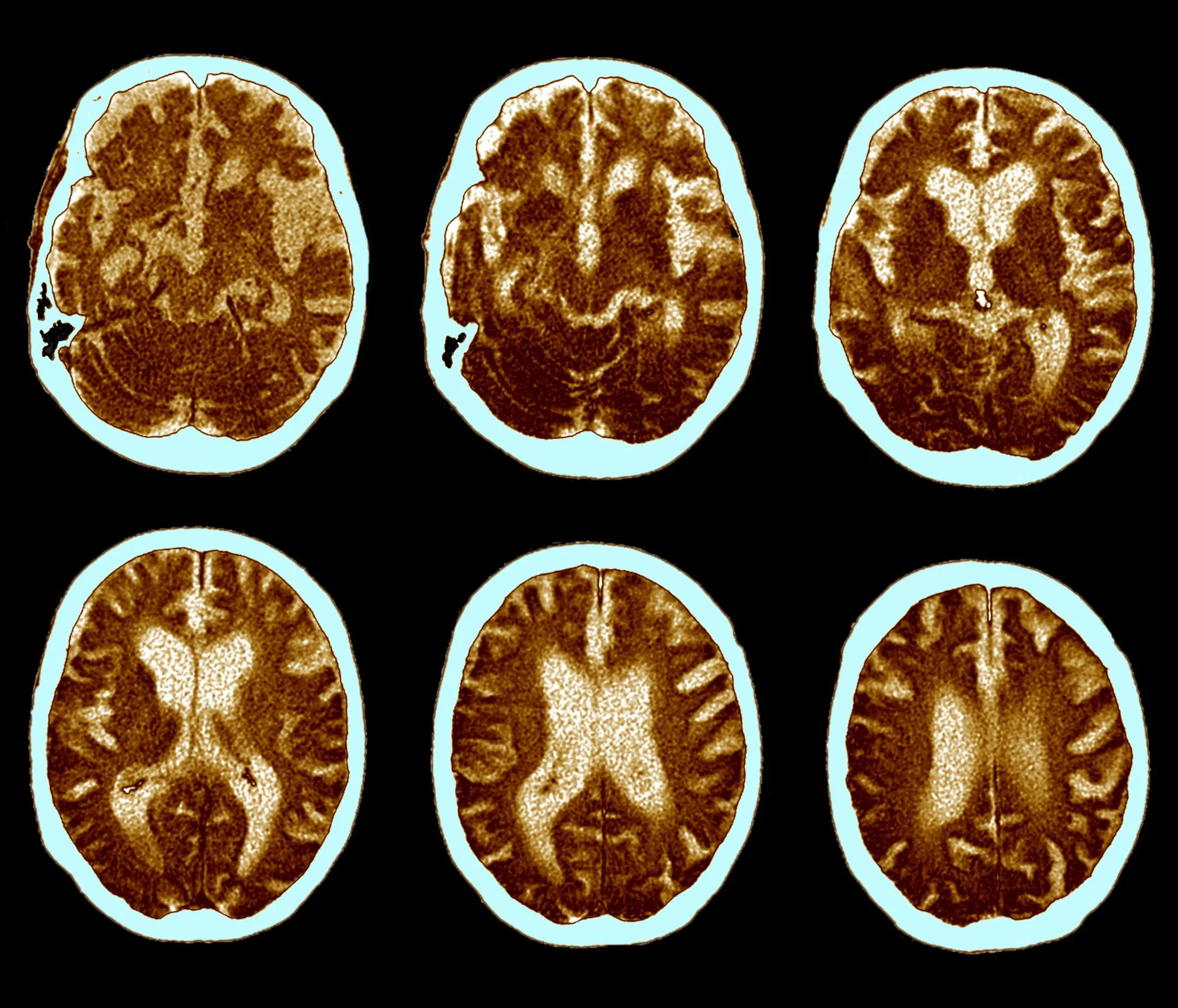Neurological disorders are any disorders of the nervous system. A staggering 600+ neurological disorders exist and sadly, for many of them, there are limited treatment options.
As we age, our central nervous system undergoes changes. Research has shown that this is one reason why you are more likely to suffer from a neurological disorder after the age of 65.
The most common age-related neurological disorders include:
- Neuropathy: This results in numbness and weakness, usually in the hands and feet. It can be the result of systemic diseases or medications.
- Alzheimer’s disease: A form of dementia, this is a progressive disease that destroys cells in the brain, and ultimately interferes with a person’s most basic mental and physical functions.
- Parkinson’s disease: Also a form of dementia, this is a chronic and progressive movement disorder that involves the malfunction and death of vital nerve cells in the brain.
- Myopathy: This muscle disorder is characterized by muscle weakness, especially in the upper arms and thighs.
- Amyotrophic lateral sclerosis: Also known as Lou Gehrig’s disease, this is a progressive disease causing deterioration of the body’s muscle function.
- Myasthenia gravis: This disease blocks the signals from the nerves to the muscles, preventing muscle movement.
- Muscular dystrophy: This group of progressive muscle disorders has a genetic basis.
- Cerebrovascular diseases: This includes stroke.
What are the symptoms of neurological disorders?
Dr Tara Swart, a neuroscientist and leadership coach, elaborates: “Structural, biochemical or electrical abnormalities in the brain, spinal cord or surrounding nerves can result in paralysis, muscle weakness, poor coordination, loss of sensation, seizures, confusion, pain and altered levels of consciousness.”
What are the risk factors?
“There are genetic factors, but having a predisposition doesn’t guarantee that you will develop a neurological disorder. Your lifestyle is also crucial,” explains Swart. She says poor sleep, lack of exercise, stress, isolation and poor nutrition all increase your risk.
The preventive approach
Sleep
“98%-99% of brains need to sleep for seven to nine hours per night, as this allows the lymphatic system to be cleansed of neurotoxins,” Swart explains. “Sleep is a forcible flushing of neurotoxins. This is important, as a build-up can cause neurological disorders.”
Nutrition
“If you are under stress, eat every two hours for optimal brain function. Your brain can’t store glucose, so it is important to keep replenishing your stores.” Swart says it can be useful to practise intermittent fasting. This teaches your brain that you can manage small amounts of physical stress, because you are in control of your recovery. She adds: “You should also avoid eating too close to bedtime, as this disrupts sleep.” She suggests a diet high in salmon, avocado, eggs, nuts and healthy oils. Preferably, it should contain reduced amounts of smoked foods, red meats, alcohol, caffeine and processed foods. It is also crucial to stay hydrated.
Exercise
“I recommend 10 000 steps a day and 150 minutes of aerobic exercise a week. It is important to engage in aerobic exercise; this assists in oxygenating the brain, which is vital for healthy functionality. It is also important to participate in activities that require different levels of coordination, such as ping pong, and that include a social element,” she suggests.
Stress
“Stress is a physical or psychological load that is too much for your body to bear. It results in high levels of cortisol, and affects your quality of thinking and your ability to regulate emotions.” She adds that high cortisol levels erode your immunity and send signals to the body that you are in starvation mode, so the body lays down more abdominal fat cells. They also have a negative impact on sleep, which results in neurotoxic build-up. This causes death in the nerve cells in the brain. Mindfulness practice is very helpful in reducing cortisol levels.
Social factors
Swart says social factors need to be put in place to keep healthy relationships intact for as long as possible, as these keep the brain stimulated.
Neuroplasticity
“Learning something new in adulthood, such as another language or a musical instrument, improves your neuroplasticity. This has been shown to prevent the onset of neurological disease.”
Therapies for neurological disorders
Therapies include lifestyle changes, physiotherapy to manage symptoms and restore some functionality, pain management, and medications to either restore functionality or prevent worsening of the condition. Discover some of the latest findings in the area of neuroscience here.
In addition, rehab centres are often used to treat those with neurological issues, helping patients to gain the skills needed to live balanced, healthy lives.
Neurological disorders affect all areas of your life and health. It is important that you do all you can to reduce your risk. If you have a neurological disorder, you can significantly improve your quality of life by making the necessary lifestyle changes and ensuring you receive the correct treatment.



![women [longevity live]](https://longevitylive.com/wp-content/uploads/2020/01/photo-of-women-walking-down-the-street-1116984-100x100.jpg)










